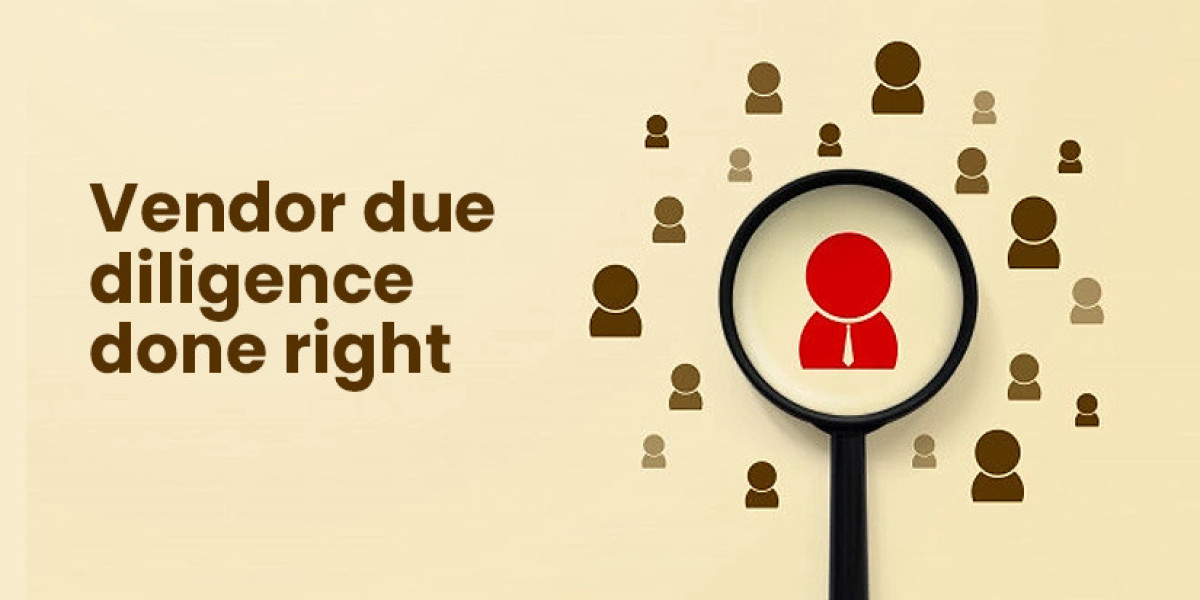Choosing the right claims processing system is essential for insurance firms and companies that handle large volumes of claims. A reliable system reduces bottlenecks, accelerates claims processing, and boosts customer satisfaction. However, selecting a vendor requires a comprehensive evaluation to ensure the system meets your organization's needs. A vendor due diligence checklist is a valuable tool that helps assess potential vendors on operational, financial, and legal criteria. This blog outlines the key factors to include in a due diligence checklist when selecting a claims processing system.
1. Functionality and Integration Capabilities
The first step in selecting a claims processing system is evaluating whether it meets the specific requirements of your organization. Your vendor due diligence checklist should assess the system's key features, such as automated claims processing, fraud detection, and reporting capabilities. Additionally, integration with your existing systems, like Customer Relationship Management (CRM) or financial software, is critical. Seamless integration ensures efficient data flow and boosts overall operational efficiency.
Key Points to Consider:
Automated Claims Processing: Streamlines workflows and reduces manual effort.
Fraud Detection: Incorporates tools to detect fraudulent claims.
System Integration: Ensures compatibility with existing platforms like CRM or ERP systems.
2. Data Security and Compliance Standards
In the insurance industry, data security and regulatory compliance are paramount. A crucial part of the vendor due diligence checklist is evaluating the vendor's data protection protocols. This includes encryption standards, backup and recovery procedures, and adherence to regulations like GDPR or HIPAA. Ensuring that the claims processing system complies with legal and industry standards helps protect sensitive customer data and minimizes legal risks.
Key Security Features:
Encryption Standards: Assess the level of encryption used to safeguard data.
Data Backup & Recovery: Review the vendor’s backup procedures and disaster recovery plans.
Regulatory Compliance: Ensure the vendor meets regulations such as GDPR, HIPAA, or industry-specific standards.
3. Vendor Support and Training
Support and training are often overlooked but are essential for smooth implementation and long-term success. Your vendor due diligence checklist should evaluate the level of post-purchase support offered by the vendor, including regular updates, troubleshooting services, and user training programs. Comprehensive support ensures a smooth transition to the new system and reduces downtime, improving productivity.
Vendor Support Elements:
Post-Purchase Support: Check for availability of updates, technical support, and troubleshooting services.
User Training: Ensure that the vendor provides adequate training for employees to use the new system efficiently.
4. Conducting a Comprehensive Vendor Analysis
Choosing the right claims processing system is a critical decision that impacts claims management, customer service, and operational efficiency. To make an informed choice, your vendor due diligence checklist should cover areas like functionality, security, vendor support, training, and cost. Conducting a detailed analysis helps mitigate risks, ensure compliance, and maximize operational efficiency.
By following a systematic approach with a detailed vendor due diligence checklist, organizations can select a claims processing system that aligns with their operational goals, regulatory needs, and budget constraints. Carefully evaluating factors such as system functionality, data security, and vendor support ensures a well-informed decision and successful implementation.








